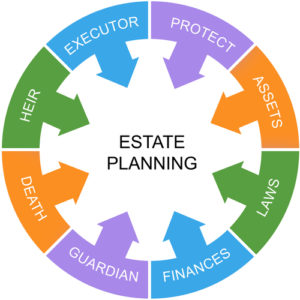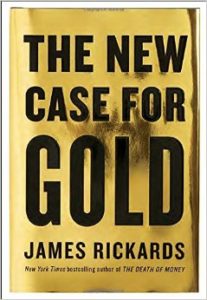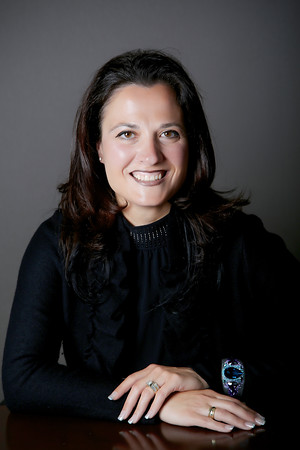Special to the Financial Independence Hub
Sometimes when it comes to your finances it can be difficult to know if you’re making the right decision. What bank account should you pick? Should you buy a car outright or pay it off as you go? Are you eating too much takeaway? Every day we have to make decisions that affect our finances and some are harder and more consequential than others. In fact, sometimes one small financial decision can have a lasting impact on the health of your bank account. Here are the five worst financial decisions you can make, so you can avoid making the wrong choice in the future!
1.) Spending more than you earn
Overspending is probably the number one money mistake that you can make. You cannot build wealth or be financially secure if you are spending more than you’re earning. By spending money that you should be saving you are doing serious damage to your finances and stalling your financial progress.
It’s true that not everyone has high-paying jobs or huge inheritances, but this doesn’t mean you can’t build up healthy savings by simply monitoring your spending. Part of spending less than you earn means putting effort into living below your means. Track your spending and take a hard look at your spending habits. Are you buying two or three coffees a day? Do you pay a lot of money every month for a gym membership you don’t use? Or perhaps on a bigger scale, you have a huge house or luxury car that you just don’t need.
2.) Never Budgeting
Creating a budget goes hand in hand with learning how to spend less than you earn. A budget is a blueprint for financial success. Without budgeting, it is nearly impossible to keep track of your expenses and ascertain whether or not you are spending more than you should. By creating a budget to follow week-to-week or month-to-month you can stay on top of your finances and prevent yourself from making financial decisions that you may regret.
When creating a budget, it’s a good idea to look at your whole year and the payments that you have to make, such as your rent, your bills, your car registration and cost of transport. Use bills, your bank statements and receipts to help you understand all your expenses. Once you’ve figured out roughly how much you spend over a certain period, figure out your net income (i.e. the money deposited in your bank account each pay period). Subtract your expenses from your income and what is left should be what you aim to save.
3.) Not creating an Emergency Fund
Many people have the mindset that bad things won’t happen to them and that if they do, they will find some way to deal with it when the time comes. This is not a financially intelligent way to think and could leave you in serious trouble if something goes wrong. An emergency fund is exactly what the name suggests, a bank account that can you use in the case of an emergency without having to dip into your savings or rearrange your budget. It is money set aside specifically for use when things go haywire.







